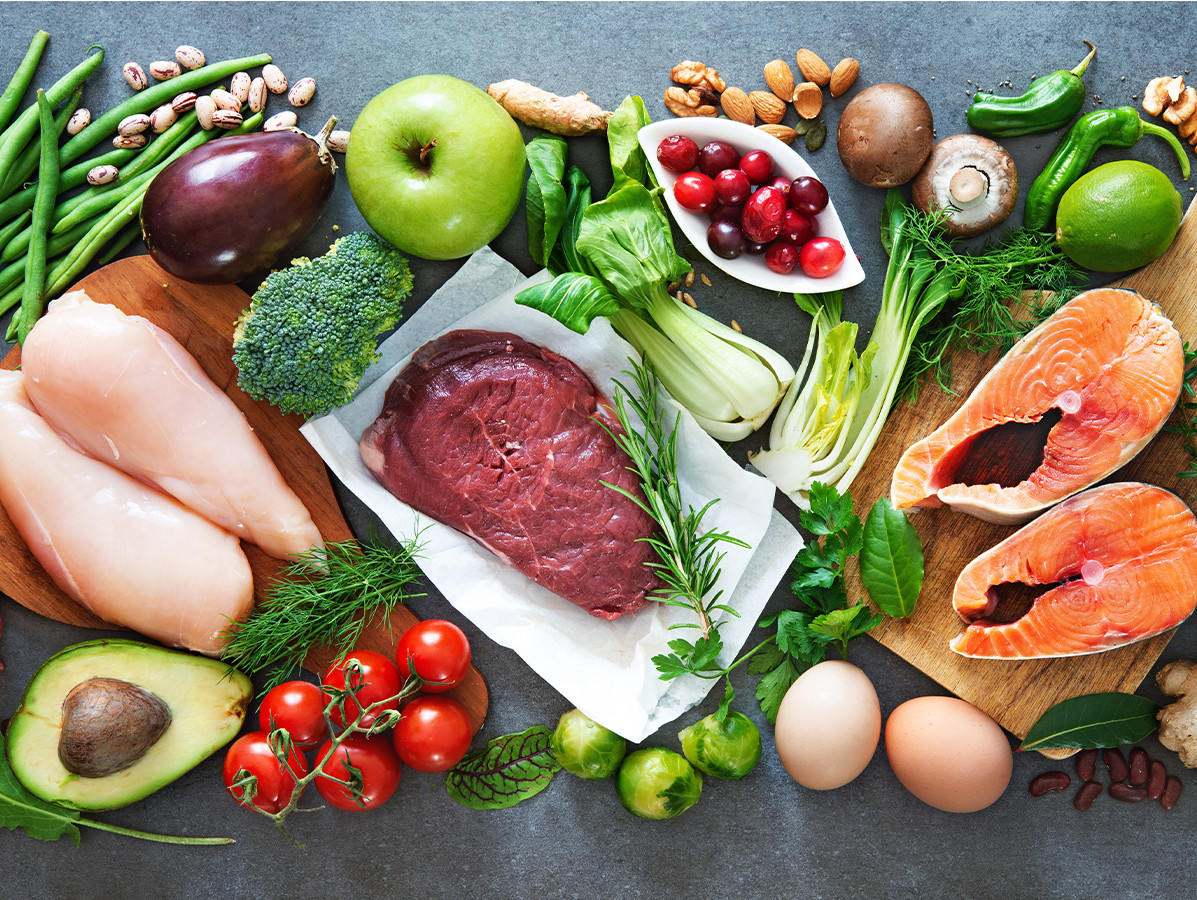
The corona crisis is having a major impact on the food sector, according to ABN AMRO's Food Sector Forecasts 2021/2022. A dichotomy is visible within the sector between entrepreneurs who are benefiting from the social changes caused by the corona pandemic and those who are suffering. Suppliers in food retail are in a comfortable position and are seeing sales increase, particularly through the supermarket channel. In contrast, the first half of this year will still offer little perspective for hospitality suppliers as the hospitality industry is largely closed and events cannot take place. The monthly loss of sales in the food sector in the current lockdown is less than during the first lockdown, however, because companies are better equipped for the other-half-metre society. Consequently, the drop in sales is not as deep, but it does last longer. The closure of the on-trade also resulted in sharply declining beverage sales, but there was nevertheless a bright spot. Although beer sales fell by 14 percent in 2020 compared to the previous year, volumes of alcohol-free beer rose sharply (+8.5 percent) according to figures from Dutch Brewers. Recovery of the food sector will only take place in the second half of 2021, leaving the beverage sector (+2 percent), among others, to pick up slightly this year. ABN AMRO expects higher growth of 6 percent for this subsector in 2022.
The first half of this year also remains challenging for the meat sector. Missed sales to the catering channel were not made up for by the increase in meat sales through supermarkets. Sales of meat substitutes increased substantially by about 20 percent in 2020. In dairy, too, alternatives to mainstream products such as milk, yogurt, cream and desserts continue to gain ground. For example, supermarket sales of alternative dairy products - with oats or soy as the main ingredient, for example - increased by a third. The outlook for the fruit and vegetable sector is positive, partly due to its great adaptability to consumer demand. For example, there is a growing demand for fresh food packages (+30 percent), at the expense of ready-to-eat products. Due to the important role of exports within this sector, the brexit could have a major impact for food exporters in the coming months. With the United Kingdom phasing in control measures, this could cause delays at the border and higher administrative burdens.
Although the short-term outlook for the food sector is not yet hopeful, the second half of this year offers better prospects. "The devil is mainly in the duration of the lockdown. As the pandemic continues, the dichotomy between businesses benefiting from it or suffering from it becomes even more apparent," says Nadia Menkveld, Sector Economist Food at ABN AMRO. "Fortunately, the second half of this year offers the prospect of improvement. As soon as the hospitality and events sector reopens, sales to these channels will increase again. We saw that sales rebounded quickly in the summer of 2020, which offers hope for this year."
Read the full report 'Tweespalt in voedingsindustrie houdt aan'(Dutch only)
abnamro.nl
Source: ABN AMRO